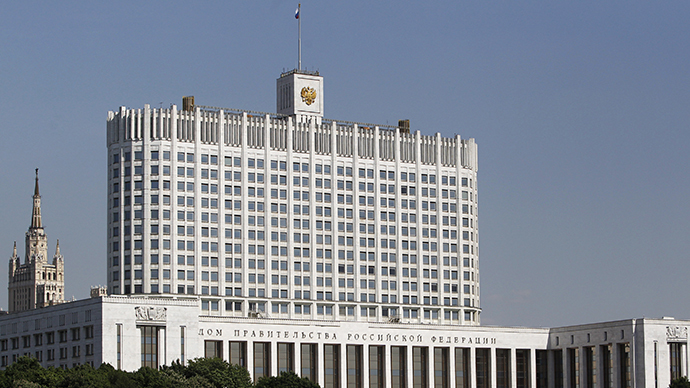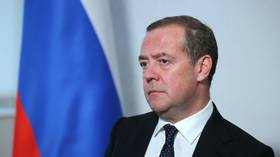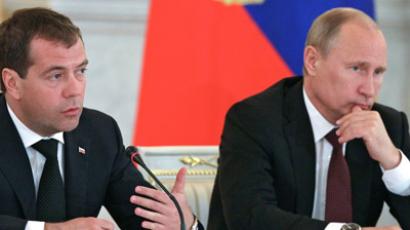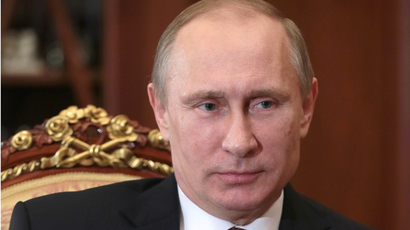Half of Putin’s 218 principal orders fulfilled - government

The Russian government reports it has fulfilled about a half of the 218 “May Orders” – the points in the major social and economic program signed by President Putin right after his inauguration two years ago.
According to the report published on the government’s web-site on Wednesday, ministers have managed to execute 121 presidential orders in two years. The reports on the execution of 17 more orders are currently being reviewed by the Presidential Administration and 97 orders are still being worked on, the report reads.
The authors of the document add that the execution of three orders are overdue – they should have been implemented before December 2013. The work on the rest is on schedule and the program must be fully completed before 2020 – well beyond Vladimir Putin’s current presidential term that expires in 2018.
The government released a report a year ago that said it had managed to fulfill only two thirds of the presidential plans for the period, and President Putin said that he had deliberately set high objectives to make civil servants work harder.
The May Orders are the major guidelines for national development signed by Putin after his inauguration as president in May 2012. They include the plan for economic development, reforms in state administration, foreign policy, in science and the military, and also various social reforms, including healthcare, demographics and ethnic policies.
The orders are based on Putin’s 2012 electoral program and are used by the President’s political allies for promoting their course. The United Popular Front movement announced in late 2013 that its representatives would oversee the implementation of the May Orders and report all violations to officials, including the presidential administration. In early April this year the pro-Putin leftist party Fair Russia drafted a bill in which state officials responsible for failures in executing the presidential orders should be fined up to 200,000 rubles or even jailed for up to three years.
Also on Wednesday the Russian press wrote that Vladimir Putin was marking his tenth combined year in office. The government’s newspaper Rossiiskaya Gazetaran an editorial detailing five most important events in Putin’s presidency. According to reporters, these were the recent accession of the Crimean Republic into the Russian Federation, the Sochi Olympics, the successful ecological projects on Lake Baikal, the demographic boom in Russia and the peaceful political solution of the Syrian crisis in 2013.
Public opinion polls show that Vladimir Putin is enjoying extremely high support from the Russian population. The Levada Center puts the current presidential rating at 82 percent – the second highest in history, next to 86 percent in April 2008 when Putin met with US President George W. Bush in Sochi.
Another pollster – the All Russian Public Opinion Center – says the “happiness index” in Russia is now at its highest in the country’s modern history. According to the research conducted in late April 78 percent of Russians consider themselves to be happy in general and most of thr respondents explain this simply by the fact that their life brings them joy.














